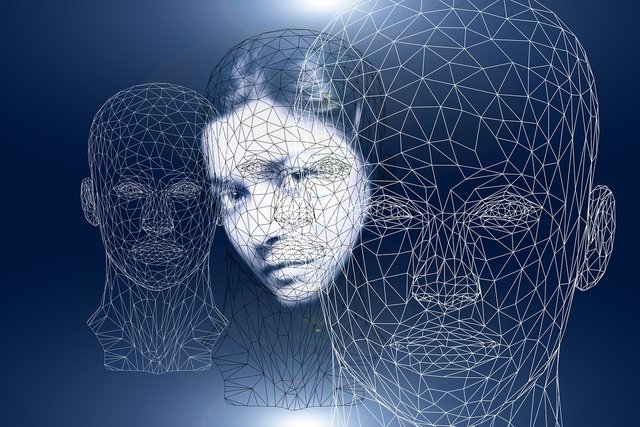The European Union on decentralised and digital identity


The development of secure and interoperable solutions in terms of electronic identity and online authentication represents a major challenge for all EU Member States. The use of public or private online services on the European market requires the integration of identification to ensure the integrity of exchanges and transactions, on the one hand, and respect for confidentiality and the protection of data and information systems, on the other.
In 2018, the EU Blockchain Observatory and Forum carried out an in-depth study on the use of blockchain in the field of electronic identity. The objective of this workshop is to understand why and how blockchain technology can be useful in the development of decentralized digital identities. In a first report presented on 7 November 2018 in Brussels, Andrea Servida and Carlos Gomez Munoz referred in particular to the regulation of e-identities, by presenting a diagram of decentralised identities, then defining rules and recommendations for developing a European digital identity infrastructure on blockchain. In a report published on 7 May 2019, the EU Blockchain Observatory and forum provides an updated and more detailed study on decentralised identities. From their definition to their use cases, via the compliance of this solution with European legislative constraints such as the DGPS, this document sheds light on the problems of current identification systems such as the lack of trust and interoperability, and on the opportunities offered by the integration of the blockchain in the functioning of digital identities. This research shows that decentralized identity solutions put the user back at the centre of the model, guaranteeing the ability to control access rights and data associated with his identity. These data, called credentials, come from reliable sources and are validated by the competent authorities. The certification of this information helps to ensure trust between the different stakeholders. Even if blockchain is not essential for the creation of decentralized digital identities, the advantages of this technology provide concrete solutions to different aspects: - It allows the user to create DIDS (decentralised identifiers) - It creates a DIDS registry on blockchain - It manages access rights and ensure user consent to the data they share. - It simplifies the execution of smarts contracts Among the cases of use mentioned in the last report, that of online diplomas is very representative of the advantages offered by these new solutions. Students can combine their digital identity with certifications or diplomas registered and validated by their schools or universities. This could considerably simplify traditional processes, making them faster and cheaper. It is also a way for the user to be able to access this information quickly, and to be able to share it with confidence.Posted from my blog with SteemPress : http://blog.economie-numerique.net/2019/06/14/the-european-union-on-decentralised-and-digital-identity/